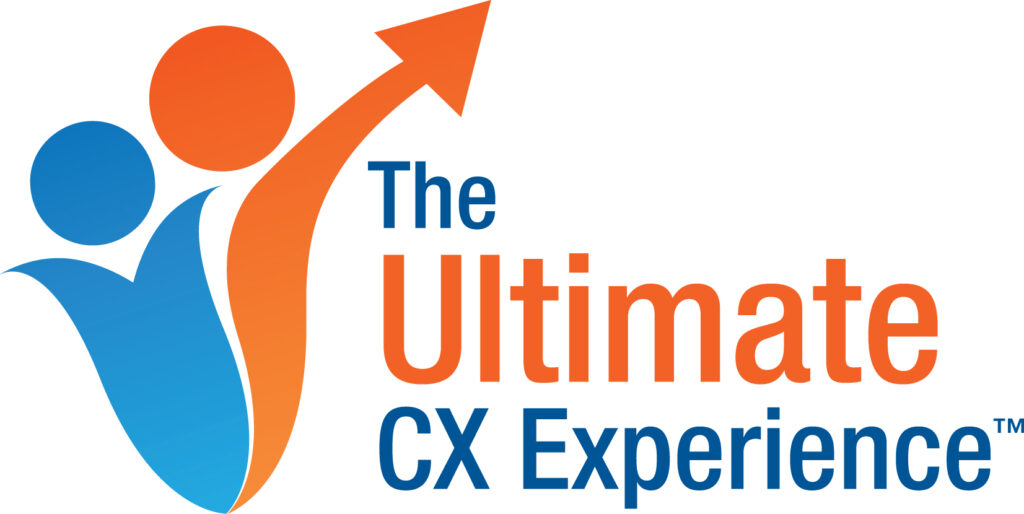
One of the key principles of HR [human resources] for a business is that the business needs to be diligent in their processes when employing new people.
And on the flip side, when an employee of a business shows that they are not behaving and performing in the best interests of the business, business owners must move quickly to either remove those incongruous behaviours, or remove those incongruous employees.
In short, this principle is called FIRE FAST AND HIRE SLOW.
When hiring…
Sometimes in small businesses, a vacancy in the team arises with very little notice, for whatever reason
And when this does happen, as small business owners, our impulse often is to think that we need to fill that vacancy as quickly as possible.
And when we do think in this way, and act in this way, we often find that the person that we choose to employ may not end up being the best possible fit for our position, and for our organisation.
Sometimes, when we act in this way, we are doing so because we believe that the “extra pair of hands” is better than having nobody.
When in fact, sometimes the person that we employ is not a good fit at all for the position.
Because of our haste, we can end up choosing someone who does not tick all the boxes when it comes to the position we are trying to fill.
And when this happens, the rest of the team, and the business , can suffer.
Whenever possible, it is advisable to take time in hiring, so that we can evaluate all candidates, and make a fair and accurate decision.
Doing our due diligence, and choosing the right candidate on merit, is far more sensible than choosing a candidate because they appeared to be “the best choice from a bad lot”, so to speak.
Taking less than best may not result in a happy ending for your business.
When employing…
When employing new people in your organisation, it is important to ensure that the new employee has every opportunity to learn what they need to know, and what they need to be doing, and that they are given every opportunity to correct any initial behaviours they show that might fall outside of the company policies and job description.
Our staff education, onboarding, and induction processes need to be complete and thorough so that all new employees have clarity about what it is that they are there to do, and the results that they need to achieve.
When the induction and onboarding processes do not result in the best outcomes for the employees and for the business, then an evaluation and review of those processes and results is needed to determine the next course of action.
Where our training and induction processes are exhausted and our results for our employee are below expectation, with no sign of improvement appearing possible, then the business needs to have a process for the dismissal of that employee from that business.
All employees deserve every opportunity to “get things right” when it comes to learning how things need to be done. However, if there are apparent obstacles preventing progress, then the business needs to act quickly in terms of removing those obstacles so that progress can occur.
When that “failure” to improve becomes apparent, then the business needs to decide quickly when they are going to “let the new employee go”, and replace that employee with another better suited and more appropriate candidate.
The failure of business owners to dismiss quickly those team members whose behaviours do not match the expectations of the business can have a deleterious effect on the morale and performances of other team members who are much more motivated.
As such, FIRING FAST is indeed the process of choice in this situation.
Businesses that struggle with unmotivated, under-performing team members, and with recalcitrant team members as well, do so simply because they have hired too quickly, and been too slow in firing team members that need to be replaced.
To have a business with far less worries you need to do the opposite:
You need to fire fast and hire slow.
When you do, you won’t look back.
*************

Dr. David Moffet BDS FPFA CSP is a certified CX Experience coach. David works with his wife Jayne Bandy to help SME businesses improve their Customer Service Systems to create memorable World Class experiences for their valued clients and customers. Click here to find out how David and Jayne can help your business
